

Publications Regarding Elections 2021
Articles
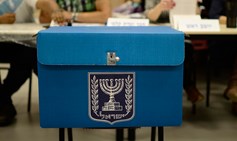
Voting Patterns in Knesset Elections 2021 Vs. 2020
Written By: Prof. Ofer Kenig
In the March 2021 elections, Israel's fourth in two years, voter turnout was down throughout the country. Yet a comparison to the last round of elections in 2020 shows how a more substantial downturn in voting in religious and rightwing strongholds resulted in a significant weakening of Netanyahu's Likud party.
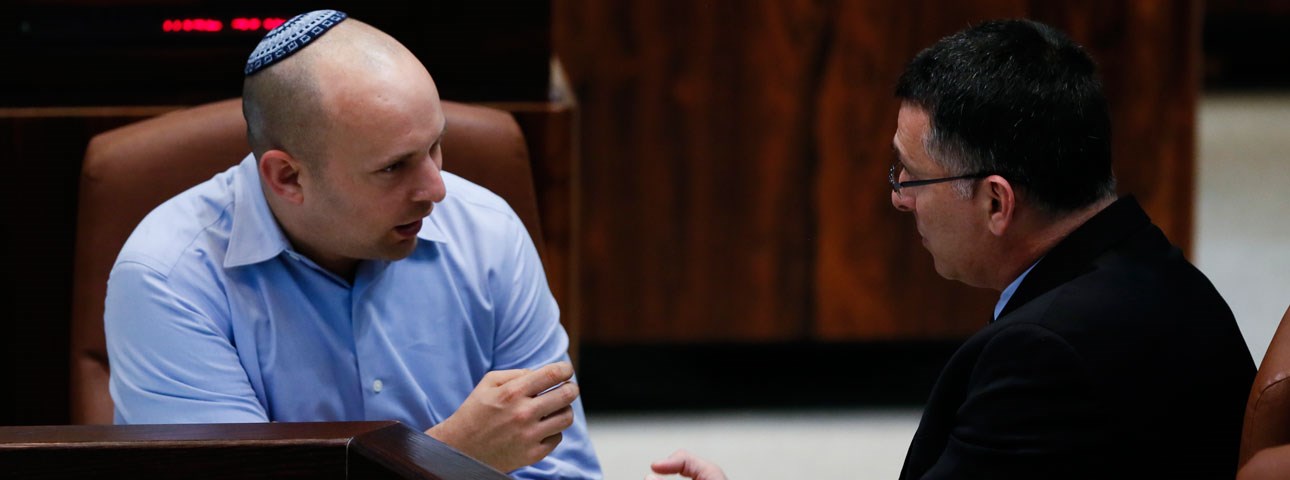
A Minority Government? A Prime Minister from a Small or Medium-Sized Party? You’d Be Surprised…
Written By: Prof. Ofer Kenig
Prof. Ofer Kenig presents examples of parliamentary democracies in which the Prime Minister is from a small party.
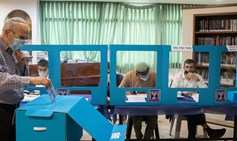
Final Election Results 2021
Written By: Prof. Ofer Kenig
One of the most striking elements to emerge from the preliminary results is that the current Knesset is going to be much more fragmented
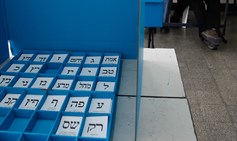
Disqualification of Electoral Lists and Candidates by the Central Elections Committee
Written By: Dr. Dana Blander
In Israel any individual or organization can request the disqualification of an electoral list - also interesting to note that there is no equivalent to the Central Elections Committee in any other democratic state

Israel Barring Entry to its Own Citizens in COVID Clampdown
Written By: Prof. Yuval Shany, Prof. Mordechai Kremnitzer, Dr. Amir Fuchs, Dr. Guy Lurie, Dr. Nadiv Mordechay
Setting sweeping restrictions on Israeli citizens’ ability to return to the country from overseas is extremely problematic from a constitutional perspective and is without parallel in the democratic world
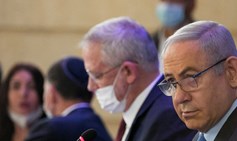
Israeli Democracy in 2021: Close To Breaking Point?
Written By: Yohanan Plesner
In the midst of a fourth election in two years, IDI President Yohanan Plesner sat down with the Tel Aviv Review to discuss how Israel can emerge from the ongoing political crisis that has left it without a stable government, a state budget and an effective response to the COVID-19 pandemic.
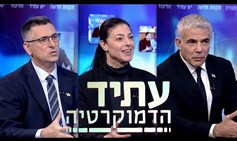
IDI Holds Forum With Party Leaders for First-Time Voters
In a special broadcast ahead of the March election, first-time voters were given the opportunity to pose difficult questions to leaders of the major parties.
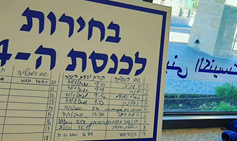
Who's Running? The Final Lists of Parties and Candidates for the 24th Knesset
Written By: Prof. Ofer Kenig
The final list of parties and candidates have been submitted and it appears that at least 20, perhaps even 30, of the 120 MKs elected in 2020 will not serve in the next Knesset.
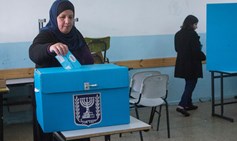
Gearing up for the Elections in a Political Town: Kafr Qassem a Test Case
Written By: Dr. Arik Rudnitzky
Arab Israelis want to see their representatives in the Knesset and are willing to go out to vote to ensure this happens. Kafr Qassem could be the test case for the larger Arab community who are more likely to vote if they feel that their Knesset members are representing them faithfully.
